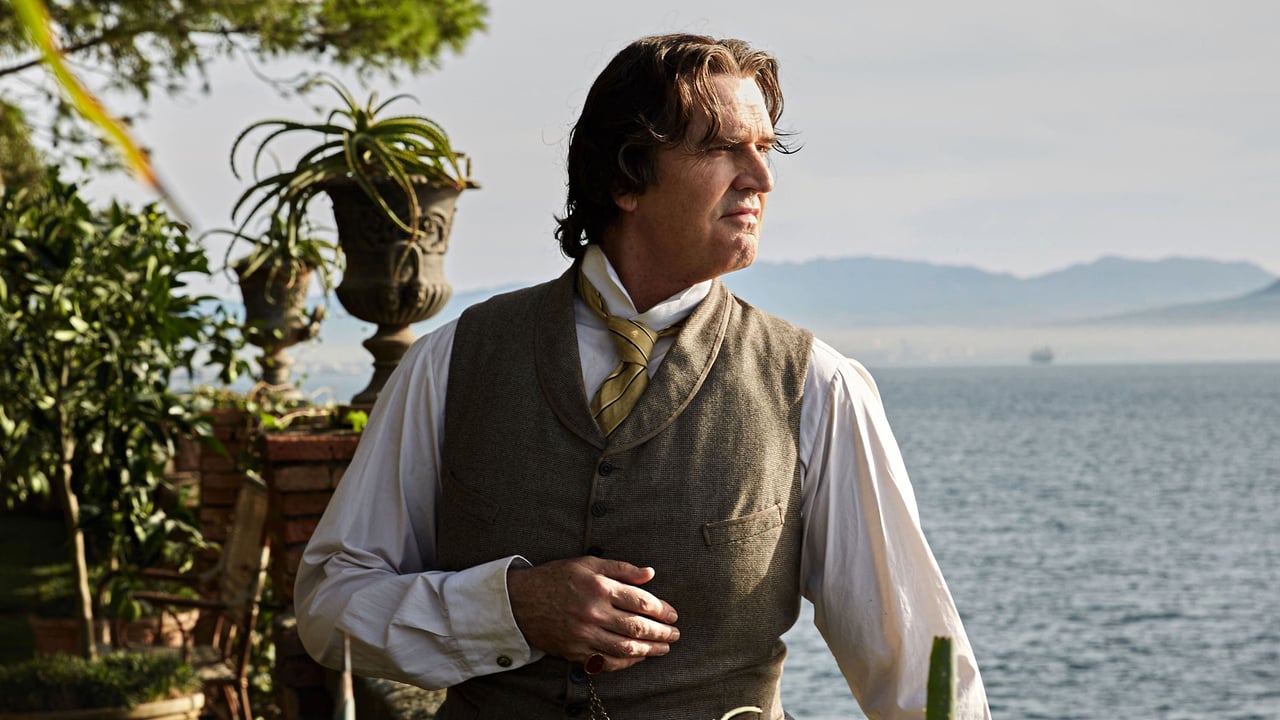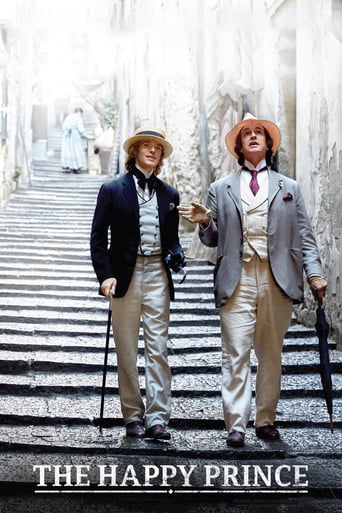

Very Cool!!!
... View MoreThe performances transcend the film's tropes, grounding it in characters that feel more complete than this subgenre often produces.
... View MoreI am only giving this movie a 1 for the great cast, though I can't imagine what any of them were thinking. This movie was horrible
... View MoreThe movie's neither hopeful in contrived ways, nor hopeless in different contrived ways. Somehow it manages to be wonderful
... View MoreWe are, of course, blessed in England with a language in which often a single word can be made to do double duty and capture a given situation to perfection. I employ such a word in my summary where 'wild' refers not only to the focus of the film Oscar Wilde but also to his ambivalent feelings to his bete noire Lord Alfred Douglas aka Bosie, the object of Wilde's love/lust who treated him abominally and could truthfully be described as Wilde's nemesis. Rupert Everett's passion for and commitment to the project is undeniable and shines through every frame but like at least one other person writing here I was strangely unmoved ultimately and I cry at card tricks. There was in England - indeed may still be - a manufacturer of brass instruments named Boosey & Hawkes which allowed the observation that Oscar Wilde was fond of blowing his own trumpet - a Bosie & Hawkes. Bosie, it appears, was bad for Wilde in more ways than one.
... View MoreAlthough it focuses on the less well-known final years of Wilde's life, the script follows a traditional arc and has little new to say about the writer or his relationships.Ross and Douglas are presented as daggers drawn in the service of a script which identifies them as Wilde's 'good' and 'bad' angels. The reality was much messier, and records show that during Wilde's lifetime they remained friends, at least on the surface. It was only a good while after his death that they fell out, with appalling consequences for both of them. In this context, the film's depiction of the altercation between the two men at Wilde's funeral is particularly ridiculous. If the eye witness account of the poet Paul Fort is to be believed, there was a hysterical scene when Douglas tried to throw himself into the grave, but it didn't lead to fisticuffs with Ross.This aside, there is much to enjoy in the film, not least Rupert Everett's compelling central performance, its impressionistic structure and the stunning cinematography and costumes. There are also interesting and nuanced supporting performances from Emily Watson and Colin Morgan, even within the strait jacket of a script that has little to add to received wisdom about their characters.
... View MoreRupert Everett was born to play Oscar Wilde, at least the older Wilde, (Everett is now 59). I'd already seen him play Wilde on stage, magnificently, in David Hare's "The Judas Kiss"; now he has written and directed the film "The Happy Prince" which deals in large part, (it's mostly told in flashback), with the period after his release from Reading Gaol. He, of course, takes on the role of Wilde once again and gives the kind of performance that should get him an Oscar of a different kind.This is no vanity project but one full of passion and love of his subject. He gives us an Oscar that is vain, glorious and in the throes of the most terrible pain; this is an Oscar warts and all. He dominates every frame of the picture but has also assembled a superb supporting cast. Both Colin Morgan as Bosie and Edwin Thomas as Robbie Ross are splendid but so too are Emily Watson as Constance, Colin Firth as Reggie Turner, John Standing as his doctor and Tom Wilkinson as the priest who gives him the last rites. These may amount to nothing more than cameos but what glorious cameos they are. This is an actor's piece and no mistake.However, for a work that is primarily literary and for a first-time director Everett also displays a very keen visual eye. This is a handsome period piece but far from a stuffy one. Everett manages to capture the flavour of Oscar's rise and fall beautifully. Here is a film that is heartbreakingly sad and strangely uplifting at the same time, a real testament to Wilde's genius, (it's certainly the best Wilde movie to date), and one of the best LGBT-themed films of recent times. Unmissable.
... View MoreI hope Rupert Everett will get all possible awards (Like I hoped for 3 Billboards last year :) He played, directed and wrote the skript. Took 10 years. But the way its all done! I am in love. His first movie - like first love - raw and real and true and deeply personal. And no fashionable, self-loving "make up" "adv commercial" reality. Watch on big screen. And last words on black screen will put everything in even bigger prospective.P.S. You will not recognize him, though he is playing with no prosthetics.
... View More